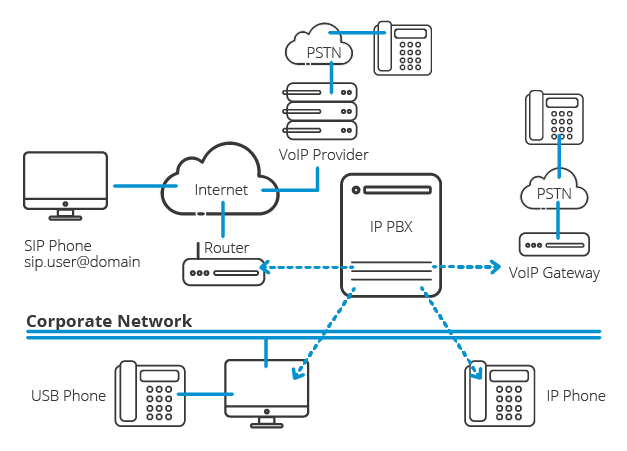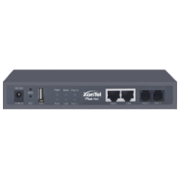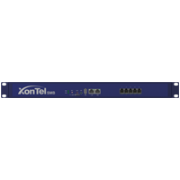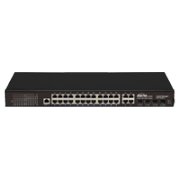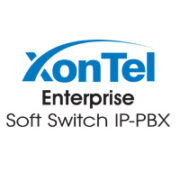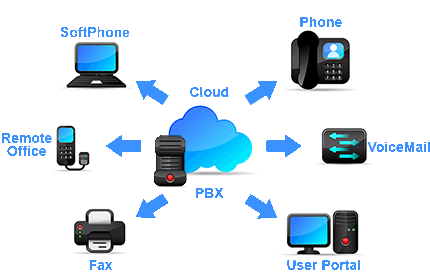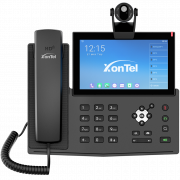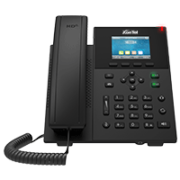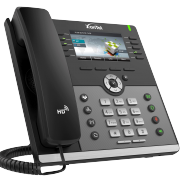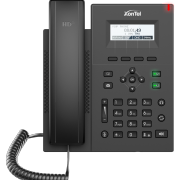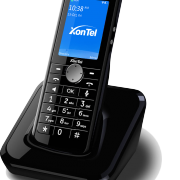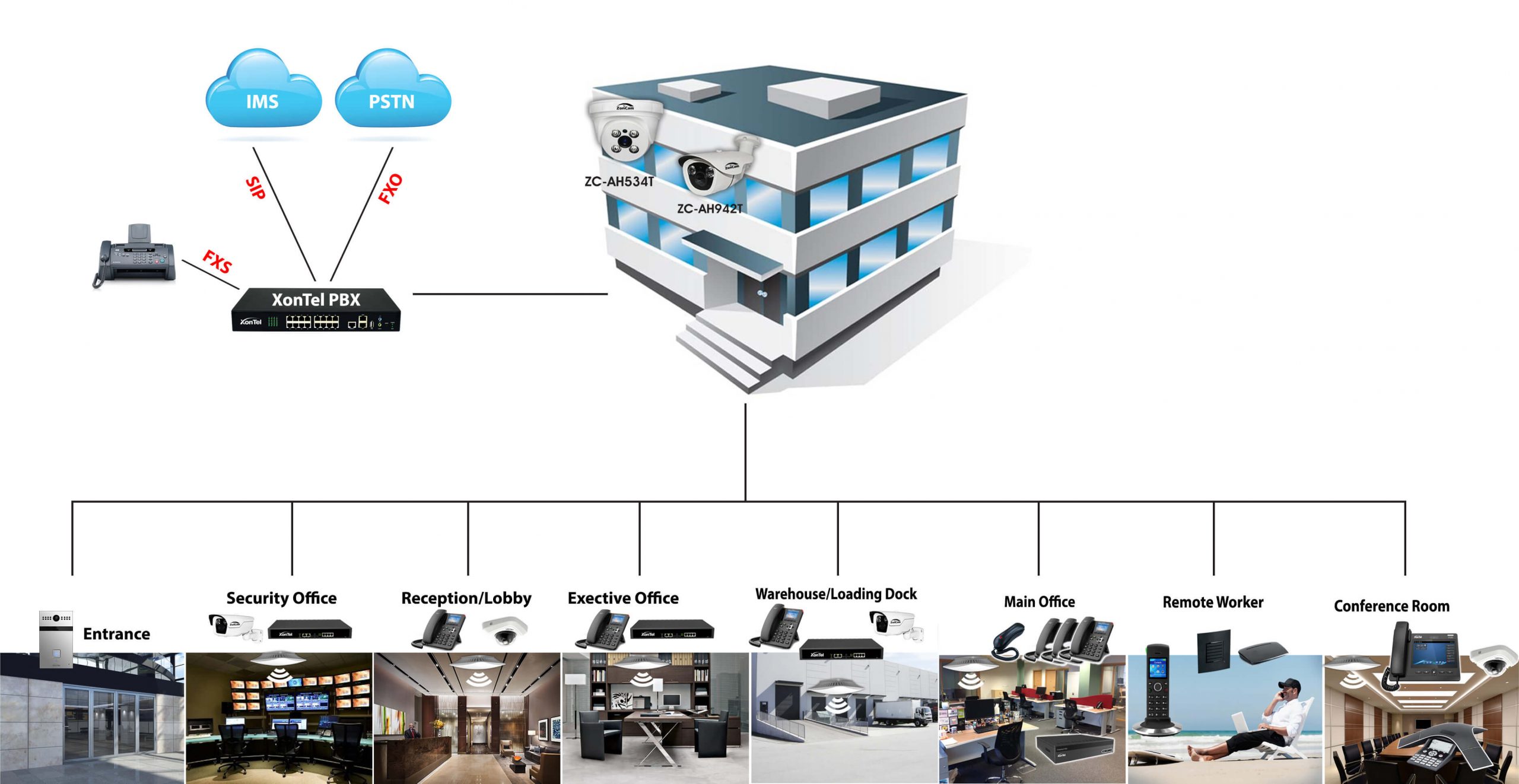
In 1988, Kodak employed over 170,000 people and sold 85% of all photographic paper in the world. Yet, within a few short years, the company went bankrupt — their business model completely disappeared.
What happened to Kodak will happen to many other industries over the next decade. Most people are still unaware of the massive changes on the horizon that will transform global markets.
Some technologies begin quietly, underestimated, and then suddenly disrupt entire industries — taking over and destroying everything beneath them. We’re seeing this in artificial intelligence (AI), healthcare, driverless cars, 3D printing, agriculture, and education — this is the Fourth Industrial Revolution.
Software will reshape and even destroy many industries in the coming years. A few examples:
Uber is the world’s largest taxi company, yet it doesn’t own a single vehicle. Airbnb is the world’s largest accommodation provider, yet it doesn’t own any properties.
Artificial Intelligence (AI) will transform even more sectors. IBM’s Watson can already provide legal consultations in seconds — faster and more accurately than humans. If you’re studying law today, that career may look very different soon. The number of lawyers will drop significantly, leaving only specialists. AI will even help nurses make medical diagnoses more accurately than doctors.
By 2030, computers will become smarter than humans. By 2018, we already saw the first self-driving cars, and by 2020, this technology became disruptive. Soon, you won’t need to own a car — you’ll simply request one from your phone. The car will arrive, take you where you need to go, and leave. You won’t need parking, and you’ll pay only for the distance traveled.
Our children will not need driver’s licenses or even to buy cars. Cities will transform, and parking lots will turn into parks.
Traffic deaths will drop from 1.2 million to about 200,000 per year because driverless cars reduce accidents from one every 100,000 km to one every 10 million km. Cars from Tesla, Google, and Apple will dominate the market. Traditional carmakers are terrified of this shift — when wheels are connected to computers, Apple and Google take the lead.
Insurance companies will also suffer — fewer accidents mean less need for car insurance or compensation. Vehicle insurance will become extremely cheap or even obsolete, threatening the existence of many insurance companies unless they diversify their services.
Soon, satellite receivers will disappear — replaced by Android TVs connected to high-speed internet, offering all global channels without the need for a rooftop satellite dish. Electric cars will dominate — quiet, clean, and efficient. Real estate will also change — people will seek peaceful, remote places to work as most jobs move to remote setups.
In healthcare, medical devices will connect to your smartphone. Using technologies like Tricorder X, you’ll be able to get X-rays, blood tests, and body analyses instantly — and soon, most lab tests may even become free.
With 3D printing, you’ll print shoes, airplane parts, and much more. In the near future, smartphones will include 3D scanning, allowing you to scan your foot and print a perfectly fitting shoe!
In China, they have already 3D printed a six-story building, and by 2027, about 10% of all products around us will be 3D printed.
Within 20 years, about 70% of current jobs will disappear — replaced by new, specialized roles. Education will transform too — with smartphones costing just $10, everyone on the planet will have access to smart learning tools. Human lifespans will increase, and many people will live well past 100 years. If your future business idea isn’t connected to smartphones, forget it — most ideas that worked in the 20th century will fail in the 21st.
Now, with 5G technology, mobile networks will achieve incredible speeds — transforming industries, businesses, and the entire customer experience. 5G will redefine most existing applications and create new kinds of businesses that never existed before. We are on the verge of massive change.
But the real question is: Are we ready?
XonTel Technology provides the latest and most advanced communication technologies at competitive prices. With a highly skilled and professional support team, XonTel ensures all clients receive precise and efficient solutions tailored to their business needs — making it the best choice for modern communication systems.
